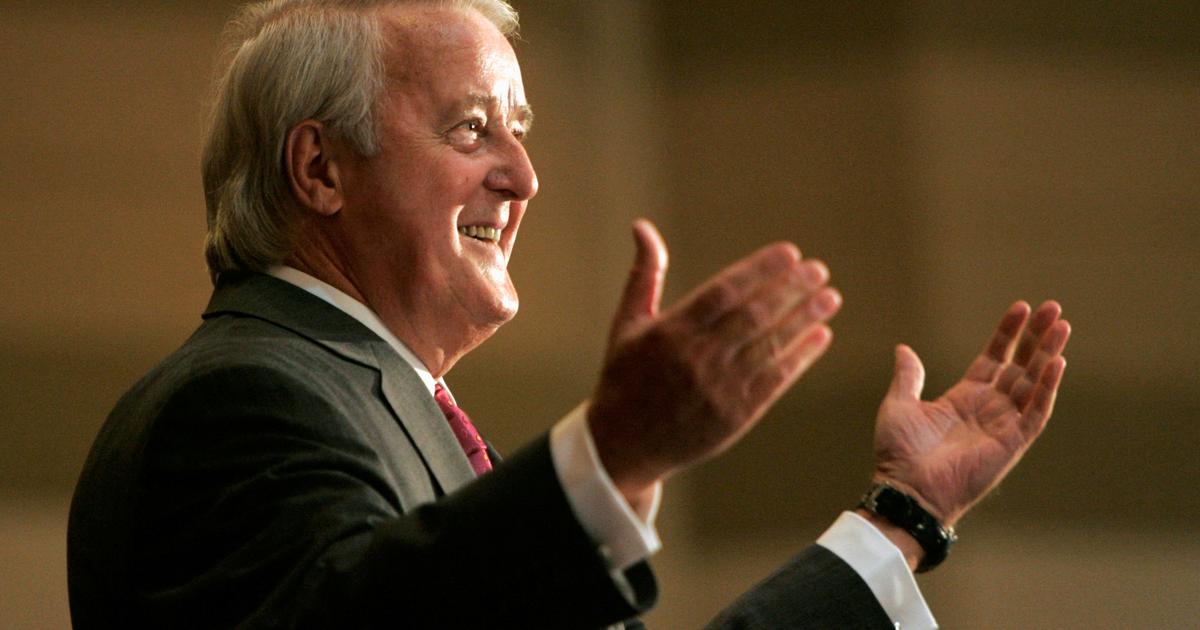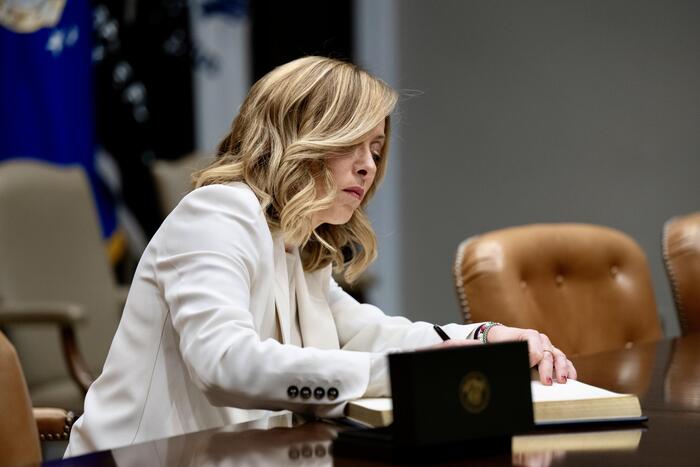The electoral campaign in Canada is picking up speed. The polls prior to the start of the electoral race drew a kind of referendum for the acting prime minister and leader of the Liberals, Justin Trudeau, thanks to the advantage of his party over the Conservatives (between five and eight percentage points). It seemed that the September 20 elections would only serve to decide whether the government led by Trudeau would obtain an absolute majority or would have to agree to some support to achieve its third term. However, the most recent polls already place the difference of the liberals in such a narrow range that it falls within the margins of error.
On August 15, Trudeau asked Mary Simon, Governor General of Canada, to dissolve the legislature and announced the early calling of the elections, two years before completing the mandate.
The Liberals lost an absolute majority in the lower house in 2019 - set at 170 deputies - by obtaining 157 seats out of the 338 in dispute, 20 less than those obtained in their first victory in 2015. Trudeau had been warning for months that the opposition He blocked various proposals from his Government and that is being his campaign slogan.
The prime minister has based his proposal on that "Canadians must choose how we end the fight against covid-19 and rebuild in the best way" and has insisted on the support provided by his Government to citizens during the pandemic.
More information
The public checkbook fumes in Canada
A fiscal plan of warlike dimensions against covid-19 stirs up criticism of the Trudeau government in Canada
But in full recovery, that message does not seem to permeate the public. Christian Noël, an analyst at Radio-Canada, considers that this message would have worked better months ago, “at a time when the federal budget was still very fresh in the memory of Canadians and anxiety about the pandemic and vaccination were at a highest level". Currently, 74% of the population has received at least one dose of the vaccine and 66.5% have already received the full vaccination schedule. The budget approved by the current government includes some 100 billion Canadian dollars (67.4 billion euros) to promote the post-pandemic recovery, as well as the creation of a national network of nurseries. None of those initiatives are new to voters, so Trudeau's references sound old-fashioned.
The Liberals had to agree to the support of at least one opposition party to carry out the economic protection plans against COVID-19 and other large liberal projects. Hence, the complaints of "parliamentary obstruction" that Trudeau wields have not been the constant of these two years of government. For the opposition, the call for early elections is simply a "selfish" and "unnecessary" decision of the liberal leader. The deadline for new elections was October 16, 2023. Trudeau took the step with just over two years to go.
Eric Montigny, professor of Political Science at Laval University, believes that “forming a majority government, the goal Trudeau set for himself in anticipating elections, has become more difficult than he had imagined.
Many people still wonder, after several days of campaigning, why elections should be held.
Trudeau has failed to convince citizens "of the need to call the polls early, he says.
A Léger poll, published this week, shows that 69% of those consulted consider that the call to the polls should have been delayed for at least a year.
Join EL PAÍS now to follow all the news and read without limits
Subscribe here
Academics, pollsters and journalists have identified the issues that are currently troubling Canadians. The fourth pandemic wave appears on the charts, but concerns about the environment and the cost of living (inflation is the highest in 10 years) appear higher in some of the polls. Trudeau is adjusting his strategy and has announced aid to facilitate the acquisition of a first home and has pledged to increase taxes on large banks, among others.
Two criticisms of the Liberals have had a notable echo. Trudeau announced in late July a plan to shelter thousands of Afghans who collaborated with Canadian troops or who suffer persecution for their activism. However, the management of the program and the delay in its launch raised criticism. On August 22, Finance Minister Chrystia Freeland posted a message on Twitter that was retweeted by Trudeau and the Liberal Party. There he claimed that Erin O'Toole, leader of the Conservatives, wants to privatize healthcare, and included an edited video of an interview he gave last year. Twitter tagged the post as "corrupted multimedia content" and the Conservatives filed a complaint with the electoral board.
O'Toole, who has led the Conservatives since August 2020, has seen his position backed at this start of the campaign. The attacks received by the liberals and their tireless media presence have served as a lever for their support in the polls. But not only. "O'Toole took a big risk and it seems to be working for him," John Ibbitson wrote in
The Globe and Mail.
. The head of the Conservatives has moved to the center, ceasing to seek the applause of the most radical sectors of his party. He has indicated that the opioid crisis must be treated as a health problem and that he will not open negotiations on abortion. In turn, it has reached out to workers and promised resources in various social programs. Closing the budget tap, as conservatives are used to, does not seem like the best electoral strategy after the millionaire initiatives launched by the liberals during the pandemic.
"His speech seeks to add deputies in Ontario and Quebec, essential to win," says Eric Montigny.
Although Trudeau's game has not had its best days, Montigny emphasizes, there is still a long way to go in the campaign.
"Liberals will not sit idly by.
We will also see what will happen in the debates ”, he adds.
The appointments between the leaders of the different formations are scheduled for September 2, 8 and 9.
Follow all the international information on
and
, or in
our weekly newsletter
.

/cloudfront-eu-central-1.images.arcpublishing.com/prisa/L3VS7DU5GUWPVIBSWC5JVEMHY4.jpg)
/cloudfront-eu-central-1.images.arcpublishing.com/prisa/Y3OO7L2MGUGR5X2A7MOEHZAMEM.jpg)
/cloudfront-eu-central-1.images.arcpublishing.com/prisa/G4OEMXTF6RR2AKIQQXRTVTF37U.jpg)




